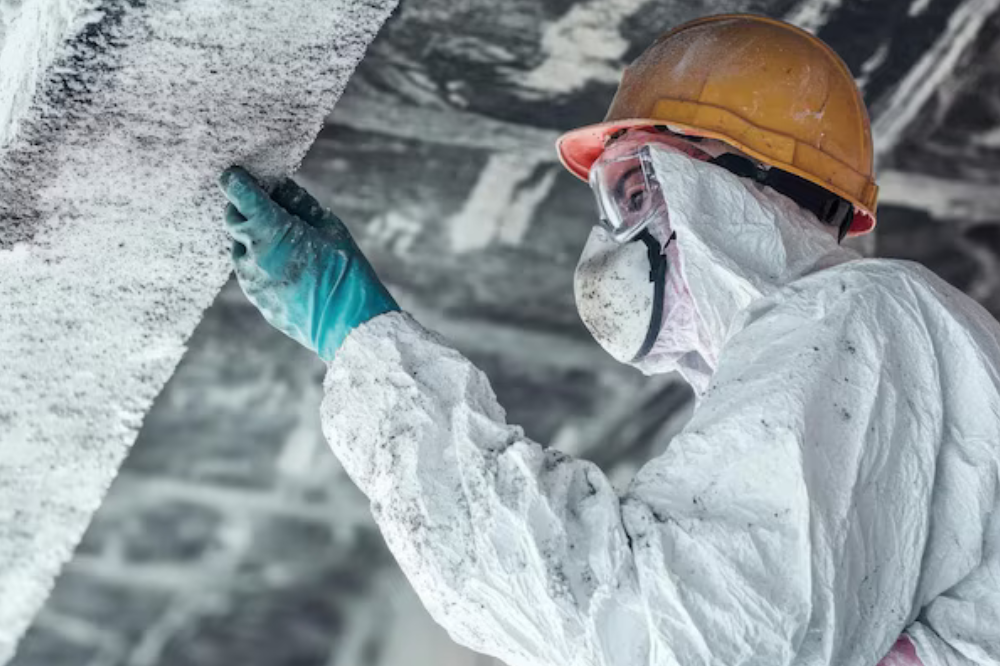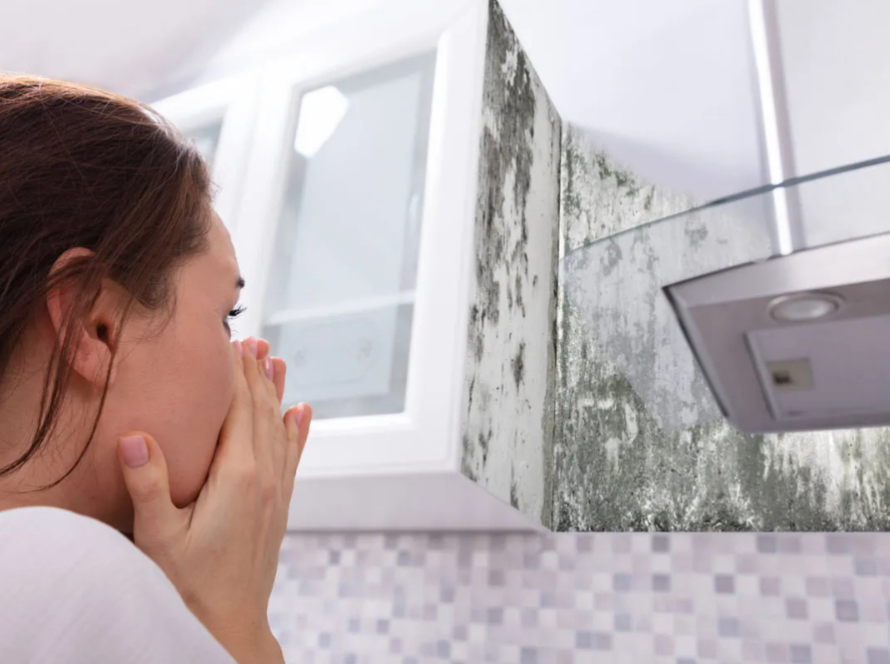Mold professionals are the people you call when you suspect that you have a mold problem. They are experts at identifying and removing bacteria or fungi from your home/office. But how do you know if you really need one? In this article, we will give you some tips on how to determine whether or not professional help is necessary.
Blog outline
1. What is mold and what are the health risks associated with it
2. Signs that you may have a mold problem
3. How to test for mold
4. How to remove mold from your home
5. When to call in a professional mold remediation company
What is mold and what are the health risks associated with it
Mold is a type of fungus that can grow both indoors and outdoors. There are many different types of mold, some of which can be harmful to your health. Exposure to mold can cause respiratory problems, skin irritation, and other health issues. If you think you may have a mold problem in your home, it is important to get it treated right away.
Signs that you may have a mold problem
If you are experiencing any of the following signs, you may have a mold problem:
-Unexplained health problems
-Allergy symptoms, such as sneezing, itchy eyes, and a runny nose
-Asthma attacks
-Respiratory problems
-A musty odor
-Damaged walls or ceilings
-Stains on walls or ceilings
-Water damage
How to test for mold
Mold is a type of fungus that can grow on many different surfaces, including food. It can cause respiratory problems and other health issues, so it’s important to know how to test for it.
The most common way to test for mold is to use a black light. A black-light will cause mold to glow, making it easy to see. You can also purchase kits that will test for mold spores in the air.
If you think you might have a mold problem, it’s best to call a licensed mold professional to investigate. They’ll be able to go the extra step of drawing an air sample or a direct swab sample and send it out to a third-party laboratory to confirm the levels and recommend solutions for getting rid of it.
How to remove mold from your home
Mold can be a very dangerous substance if it is not removed from your home. If you have mold in your property, it is important to take steps to remove it as soon as possible.
There are a few different ways to remove mold from your home. One way is to use a bleach and water mixture. You can make the mixture yourself by mixing one part bleach with nine parts water. Pour the mixture into a spray bottle and spray it on the moldy areas. Let the mixture sit for about 10 minutes, and then rinse it off with water.
Another way to remove mold is to use vinegar. Pour white vinegar onto a cloth and wipe down the moldy areas. Let the vinegar sit for about 10 minutes, and then rinse it off with water.
Lastly, mold companies that have created a signature protocol on how to kill mold with the use of top-tier equipment in the remediation industry could be your best bet. They usually offer a guarantee and also draw third-party post-verification testing once the job is complete to ensure that everything was done correctly.
No matter which method you choose, be sure to ventilate the area well when you are done and create proper containment areas. Mold can cause health problems, so it is important to get rid of it as soon as possible.
When to call in a professional mold remediation company
Mold remediation should be handled by a professional if the mold is:
-Spreading
-Making people sick
-In large quantities
-In places where it’s difficult to clean up
Conclusion
Mold is a fungus that can grow both indoors and outdoors. When it does, it releases spores into the air which people can breathe in. In some cases, mold exposure can cause health problems such as respiratory issues, skin irritation, and even neurological problems. If you think you may have a mold problem in your home, it’s important to consult with a professional to get it taken care of right away. Not sure if you need a pro? Keep reading for some tips on how to know if you really need help from a mold specialist.



